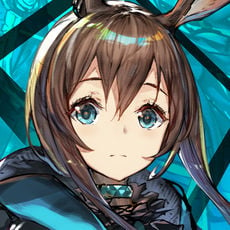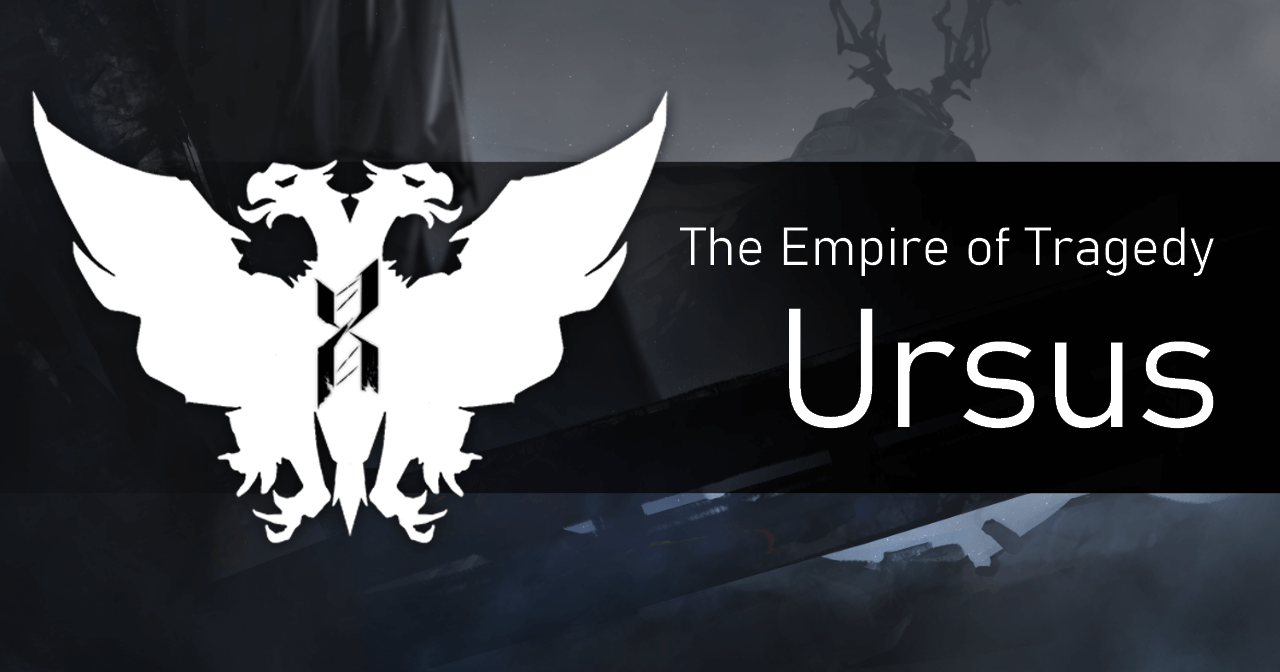Ursus
Imagine it. The Ursus devouring itself. Massacring itself. Obliterating itself.
What if, the Ursus, treated the Infected, as Ursus?
Then, there would be, no war.
Inspired by the Russian Empire, Ursus is a nation built upon its history of conquest and domination. For countless years they have attacked neighbouring nations, and exchanged blood and lives for its territory and glory. Yet the current Ursus is only a shadow of its former self, a hollowed shell containing a Council faced with unrest, internal strife, and conflict between the old and new nobilities. Now Reunion has taken over its city Chernobog, and Ursus, once a force to be reckoned with, seemed powerless to stop it.
But what happened, and why? What is the truth, and what secrets are hidden behind it?
Of course, this will only be my interpretation of Ursus, and what you think might be completely different. Nevertheless, I hope you can hear me out. Additionally, this will contain a small amount of Chapter 7 spoilers, so please be warned.
From Bloodpeak to Chernobog, from the three emperors to the boy on the tundra, let us explore Ursus.
The Past: The Bloodpeak Campaign and the Three Emperors
The present Ursus, from what we can learn about it, is hostile to the infected. Citizens discriminate against them, and authorities treat them as something less than human. However, Nine and the Reunion member’s conversation in Partial Necrosis gave us a slightly different side of the story.
Decades ago, infected in Ursus weren't seen as "inferior beings" by the populace as they are perceived today. Under the rule of an unnamed duke, they were able to live a relatively peaceful life, albeit in a quarantine zone. Yet due to losing a battle (or war, depending on how the original text is interpreted), the previous duke was replaced by a new mayor, and since then, the situation of the infected deteriorated. Following a series of propaganda and corruption, the infected were used as scapegoats for the mayor's own greed, and they were forced to flee into the tundra. We also find out about the Empire's new law that persecuted the infected in Patriot's flashback, further proving that the systematic discrimination against the infected was not something that always existed.
This battle that changed everything, I believe, is the Bloodpeak Campaign.
The Bloodpeak Campaign was followed by a series of significant changes in Ursus history. The former emperor passed away, a new one took his place, new nobles and politicians rose to power, old nobles lost their title, and a large number of military officials were executed. We know all this occurred after Bloodpeak from Hellagur's profile, which stated that he disappeared after the Bloodpeak Campaign, and how he was lucky to survive his trial. Both Hellagur and Patriot also refer to the former Emperor as “His Majesty”, an honorific not used for the Emperors that followed.
Thus far, these are the only information we have on the Bloodpeak Campaign. But let’s pause here for a second, and talk about another war—a war that happened in real life, that had just as much impact on the Russian Empire as Bloodpeak had on Ursus.
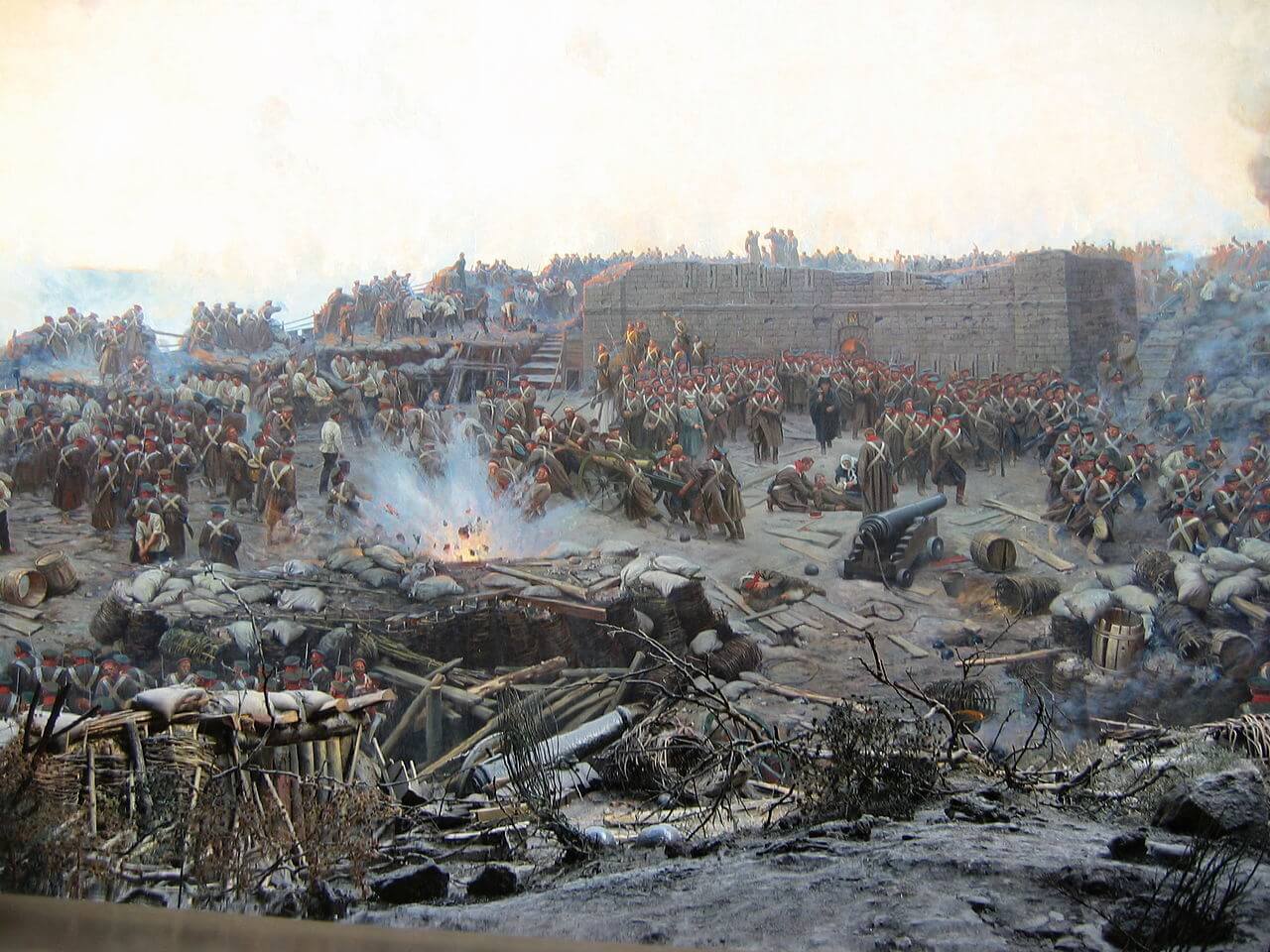
Siege of Sevastopol, painting by Franz Roubaud
In 1853, a war was fought due to disputes between the Russian Empire and France/Britain. Russia wanted to expand more of its territory towards Europe through the collapsing Ottoman Empire, while France and Britain didn’t want Russia to gain access to the Mediterranian and Europe. This war, now known as the Crimean War, was the first “modernized” war in human history and lasted for almost three years, eventually resulting in Russia's defeat and the signing of the Treaty of Paris.
The Crimean War exposed a series of severe issues within Russia, including lackluster military training, outdated equipment, underdeveloped logistics, and the lack of a developed transportation system. It would take Russia decades to recover from the losses. And this leads us to the three emperors that ruled during and after the Crimean War, all the way to the end of the Russian Empire: Alexander II, Alexander III, and Nicholas II of Russia.
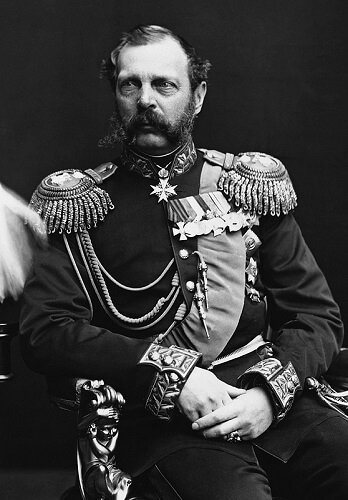
Alexander II of Russia
After his father Nicholas I passed away in 1855, Alexander II took over a country wrecked by war. At the time, serfdom was still practiced, heavily restricting the productivity of agriculture and industrialization. The constant uprisings took a toll on the already-struggling country. In this critical period, Alexander II faced the nobles’ opposition, and pushed for a series of revolutionary changes in Russia that drastically differed from traditions. One of Alexander II's most well-known acts was the emancipation of the serfs in 1861, substantially increasing Russia's industrial/agricultural output as well as earning him the title of “the Liberator”. He implemented several military reforms, making conscription universal, and reinforced military education/training while removing corporal punishment in the army.
To many, Alexander II was without a doubt a great leader. However, these frequent reforms directed many of society's discontent towards the emperor, and lead to a series of assassination attempts. In 1881, he was injured from a bomb, and later died of his wounds. His son Alexander III succeeded the throne.
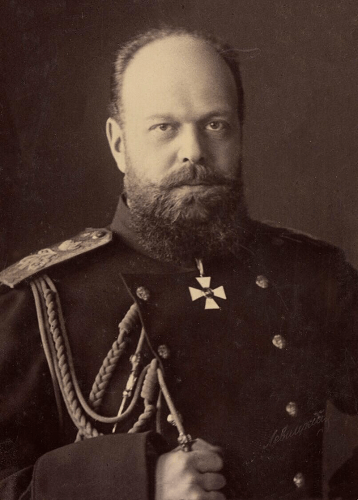
Alexander III of Russia
Unlike his father, Alexander III believed in Russia's traditional values and aimed to reverse the former’s policies. He appointed his own "land-captains" to supervise and control the peasant communities, weakening the powers of the nobles. However, the famine of 1891-92 allowed some of the nobles back into a position of power as the government couldn't cope with the crisis.
While Alexander II was much warmer towards foreign nations, Alexander III believed that peace is best obtained through improving Russia's own strength. His rapid development of the Russian navy alienated Britain further than before. Alexander III also removed many foreign institutions to strengthen the Russian Orthodoxy, made schools teach Russian to his foreign subjects, and was extremely antisemitic. The government officially blamed the Jewish people for Alexander II's assassination and passed the May Laws in 1882, banning Jewish people from inhabiting certain rural areas and restricting what kind of jobs they could take. In 1891, all Jewish people were expelled from Moscow. It was estimated that between 1881 to the WWI, 2.5 million Jewish people left Russia.
During Alexander III's reign, Russia only fought one war. He rapidly improved Russia's economic and military status, although a large part of it was due to the reforms implemented by his father. His decision to amass power onto himself in response to the nobles caused the internal issues of Russia to become magnified, a factor contributing to the Russian Empire's eventual downfall.
Although we do not have much information on Ursus, there are parallels here, such as the policy changes and the experiment of an ethnic group, that can be drawn. Alexander II, the Liberator, may be the former emperor that Patriot spoke of with his liberal policies. Alexander III's approach to Russia's issues can be seen reenacted on the Sarkaz and the infected, mirrored by Alexander III's hostility towards foreign powers.
Finally, we arrive at Nicholas II.
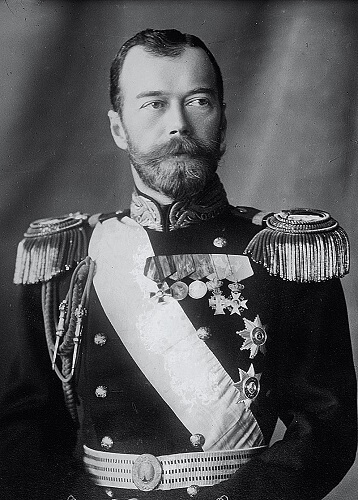
Nicholas II of Russia
Again, there is very little known about the current Emperor of Ursus, and as such the connection to Nicholas II is more speculative than the rest. From what we do know, Wei spoke of the current Emperor he referred to him as “young”, and Nicholas II took the throne when he was only 26 years old in 1894. Many anti-semitic pogroms broke out during his reign, and although he publicly condemned it, in private Nicholas II believed that these pogroms will better unite the people under the government. It wasn’t until 1911, when his Prime Minister was assassinated by a Jewish revolutionary, that he approved government efforts to stop the pogroms.
All our recent Emperors have seen you as nothing more than monsters. You are not Ursus warriors to them. They have done everything they can to oppress your people.
I will talk a bit more about Nicholas II in later section. For now, let's move on to the current Ursus.
The Present: The Chernobog Assault and the Lungmen Invasion
Why Chernobog?
I believe that its a question many of us have had ever since the Prologue. After all, was it really simply because of Reunion's hatred towards Ursus and its citizens? Could there be a more sinister agenda behind Chernobog's destruction? And most importantly, why did Ursus only sit back and watch?
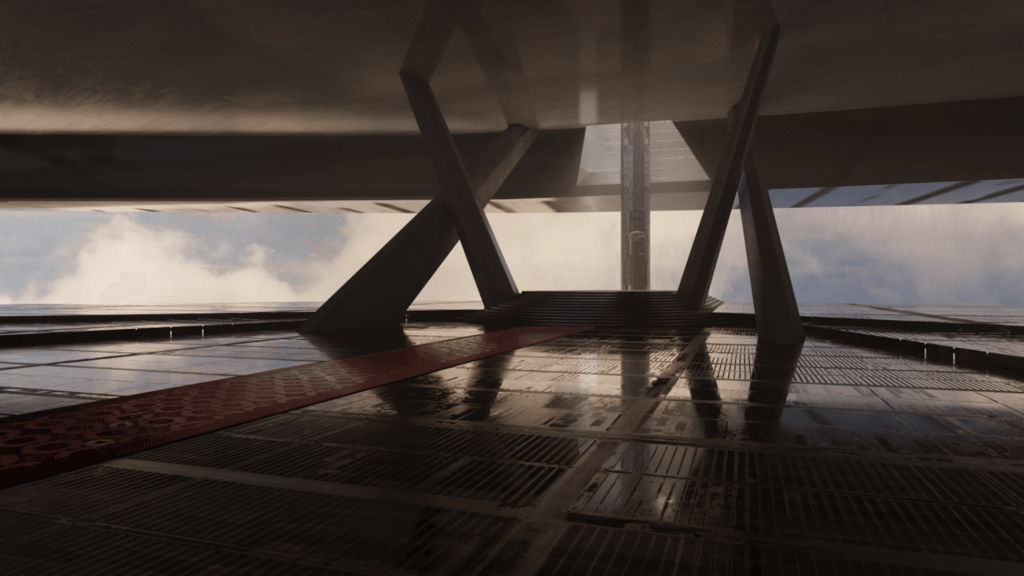
At one point, the once-great nobles could rely on their bloodline to ensure their stable prosperity. After entering the modern era, however, their status has been challenged by emerging business and political elites.
In some countries such as Columbia, the status of a well-known business is roughly equivalent to the entire lifeblood of another country, and a lesser noble is certainly not as wealthy as the general manager of a Columbian company. Many nobles who saw the writing on the walls have been trying to convert their land and possessions into financial capital.
However, in more baroque countries such as Ursus, change has been slow and painful. At least before the Great Rebellion, the aristocratic ruling class still controlled the right to speech.
Had it not been for a certain incident, Ursus’s political structure might not have shifted at all.
According to Rosa’s description, the Rostov family she belonged to was one of the new nobility that arose after the Great Rebellion, inheriting everything from a certain Count that they had served under.
Count Boris, the mayor of Chernobog, was also one of these upstarts. The two families quickly got on good terms, running businesses throughout Chernobog either openly or in secret. This conferred upon Rosa’s family a very high status within Chernobog’s elites.
Of course, this all went to naught with the demise of Chernobog.
We know, from Chapter 7, that the Ursus border is still in the grips of the old nobles and the army. Chernobog happens to lie on the border and is the closest Ursus city to Lungmen, yet as we just saw, it is under the new nobles' control. What may be interesting to note is that Chernobyl, a possible inspiration for Chernobog, was created as a Soviet effort to push nuclear as a new, safe energy source, and we find out in Chapter 6 that Chernobog is powered by the sarcophagus.
It seems like no matter what universe, people always like to dabble in things beyond their knowledge or control.
Regardless, having such a city right in the middle of the old nobles' territory is nothing less than a slap on their face, not to mention that it is next to Lungmen. What is Lungmen known for? Openness, inclusivity, and liberty. For the old nobles who value bloodline and heritage above other qualities, Lungmen holds an ideology that directly goes against their interests.
The old nobles aren't fools. They know they are falling out of favour. They won't let themselves wither away so easily.

There’s no telling when the Army could show up... Where in hellfire is the Third Army when you need them?!
Enter Reunion.
Reunion successfully infiltrated Chernobog and destroyed it in a catastrophe, all while the Ursus army watched with its hands behind its back. Talulah then sets the citadel on course to collide with Lungmen while broadcasting Ursus' identification code, and once again Ursus stays silent. Quite an odd behavior from them, since despite Ursus being greatly weakened over the years, Patriot still says that Reunion can be crushed if Ursus wished.
Logically, we arrive at the conclusion that Ursus allowed Chernobog to be taken on purpose. As we do discover in Chapter 7, Ursus needed a way to redirect its internal conflicts to save itself from collapse, and a war with Yen is their solution. Chernobog will act as their trigger.
The army couldn’t openly participate in a conspiracy, but they can simply choose not to act. The old nobles were still under surveillance, yet the nobles in power are unable to keep an eye on the infected, nor can they watch someone who is already dead.
Koschei.
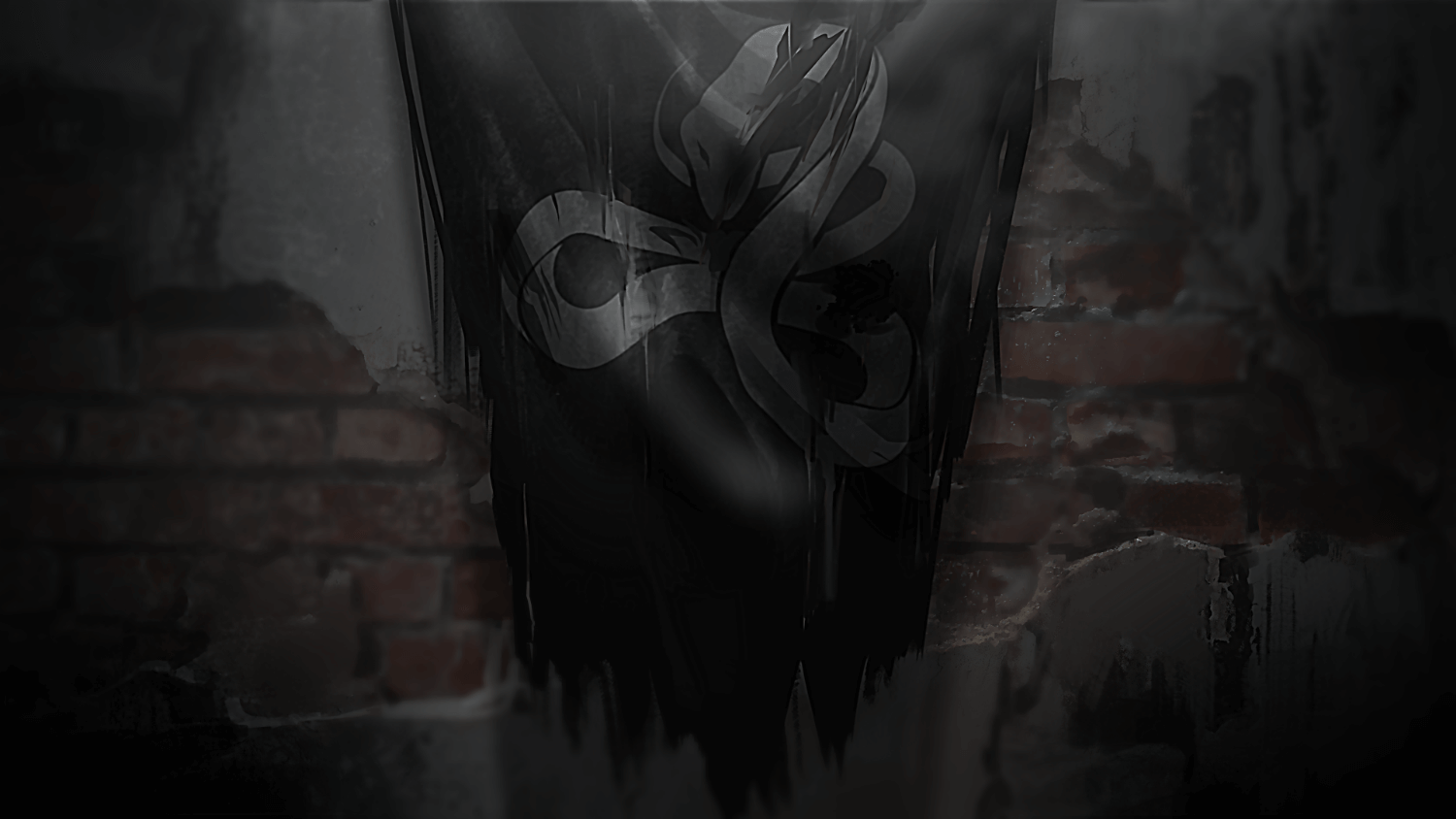
The "old snake" who turned Talulah into who she is today. The duke whose lineage even Patriot feared.
Koschei knew Wei too well. He knew that Wei would do anything to save Lungmen, even if it means waging war. The fall of Chernobog and the loss of Lungmen will be a crippling blow to the new nobles. No longer will they have a city built upon their ideology, and no longer will they have a foreign city so close to them that shares their values. The old nobles' tighter grip on the borders means they can more easily control what enters and exits Ursus. The more the new nobles are weakened, the more influence the old nobles will regain.
All of this, hidden under the guise of saving Ursus.
And just like that, they handed Chernobog and the lives of its citizens to Reunion on a silver platter.
The Future: The Boy who Walked Across the Tundra
Finally, we arrive at the end of Partial Necrosis.
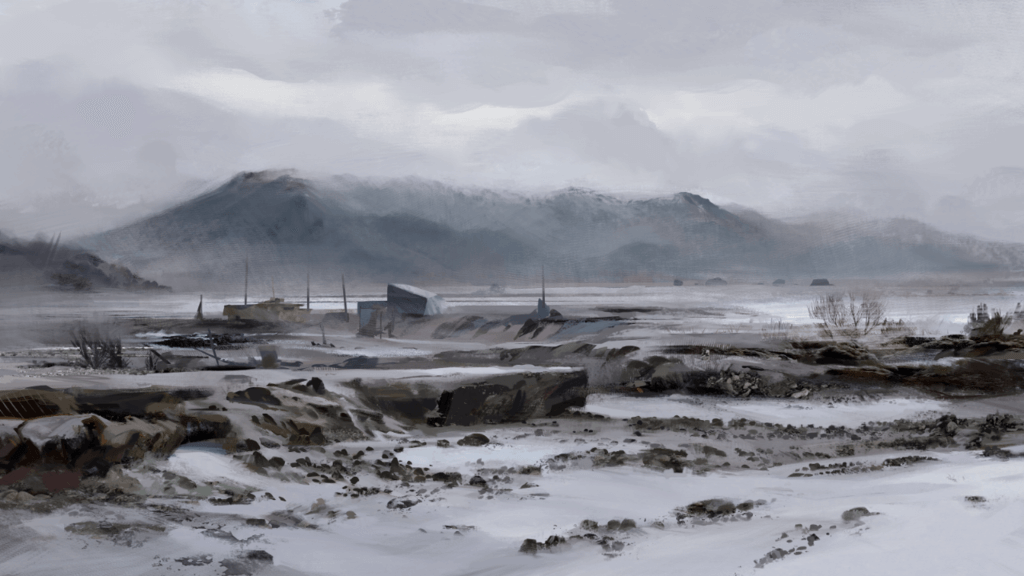
I met a boy who said his brother would rather go to the gallows than beg for his enemies' mercy....
So he was going to walk across the snowy plains, he was going to walk all of Ursus.... And he didn't come with us.
I thought he was the most idealistic person I'd ever met.
In 1886, a young man named Aleksandr Ulyanov joined the Russian terrorist group "Narodnaya Volya" (People's Will Party). Advocating for the workers and the working class, he and several others plotted Alexander III's assassination, but was found out by the police and he was arrested. Although some of his fellow conspirators pleaded to the Tsar and were spared, Aleksandr refused to submit and was hanged in May of 1887.
And Aleksandr Ulyanov had a younger brother.
His name was Vladimir Ilyich Ulyanov, but now, he's more commonly known as Vladimir Lenin.

With Lenin came the rise of socialism in Russia and the fall of the Empire. His brother's death had impacted him greatly, and he decided to take up socialism as the means to resist the Tsarist autocracy. He was exiled to Shushenskoye in 1897 for sedition, and returned in 1917 after the February Revolution, later leading the October Revolution to completely overthrow the regime.
The revolutions were sparked from the discontent of the Russian people towards the government. Nicholas II, the last Emperor before the February Revolution, crippled Russia's economy with his choice of joining the First World War. After the February Revolution in Petrograd, he returned from the front lines only to be told to abdicate by his Army Chief and Duma (part of the Russian Empire's legislative assembly) deputies. He did so on March 15th and named his brother Grand Duke Michael Alexandrovich as the Emperor, yet at this point, the army had taken the side of the protestors, and the Grand Duke refused to take the crown.
Nicholas II himself, no longer the Tsar, was settled with his family in Tobolsk by the Russian Provisional Government. During the October Revolution, he and his family were arrested by the Bolshevik army, and were executed in July of 1918.
Society was in need of a reform, yet Nicholas II sought to preserve an old-fashioned autocracy that did not mesh well with contemporary ideas. With his fall, the Russian Empire that lasted for almost two centuries came to an end.
Could this be the future of Ursus? Could he turn Ursus into what Lenin turned the empire into? I do not know.
But perhaps, and I hope, that this boy will lead Ursus to a better place.
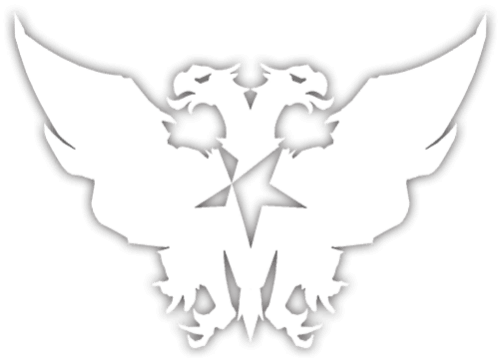
Many thanks to the AKO and RIHQ lore room who helped me with the creation of this article.

